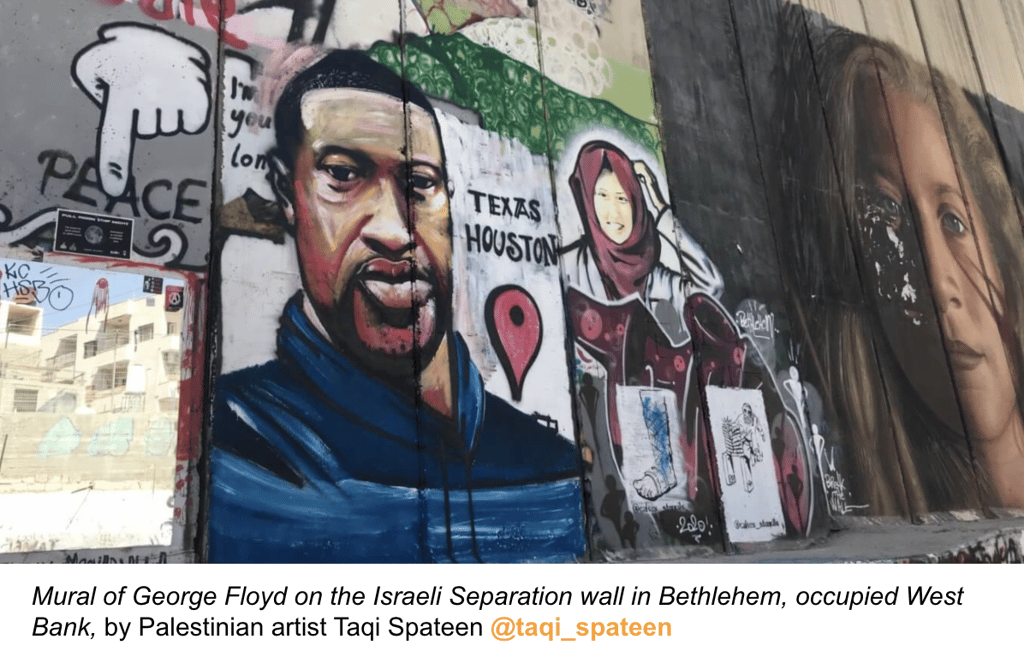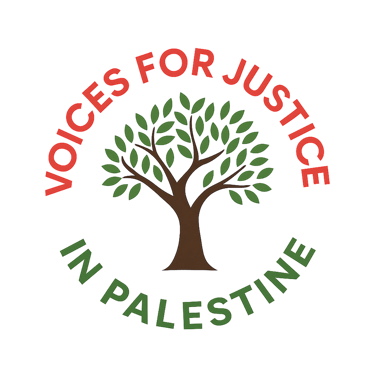Why Did it Take So Long?
Israel’s starvation blockade and total siege of Gaza expose a policy of deliberate cruelty years in the making. As famine spreads and the death toll climbs, the world’s long silence raises a haunting question: why were so many atrocities not enough to move us sooner?
Rev. J. Mark Davidson
7/31/20253 min read


On October 9, 2023, in response to Hamas’ attack on October 7th, Israeli Defense Minister Yoav Gallant declared, “We are imposing a complete siege on Gaza. There will be no electricity, no food, no water, no fuel, everything will be closed. We are fighting against human animals and we are acting accordingly.” Holocaust and genocide studies scholars and international law experts cite this declaration, and many others from high-ranking Israeli officials, as “proof of genocidal intent.” However, this was not a new policy. It was an intensification of an existing policy. The backstory: Israel imposed a partial siege on Gaza in 2007, rationing food, thwarting commerce, and restricting passage in and out of Gaza. It maintained control of Gaza by air, land, and sea. Gaza farms were sprayed with poison. Gazan fishermen in Palestinian waters were fired upon by Israeli naval vessels. For years, Israeli officials controlled the calorie intake of most Gazans, putting the population “on a diet” just above starvation levels. Leaked Israeli government documents revealed that the purpose of the food rationing policy was to keep “Gaza’s economy on the brink of collapse.” For the past 21 months, Israel’s deadly blockade of Gaza restricted virtually all essentials of life to people of Gaza. Since the winter of 2024, international aid experts have warned that Israel’s policy of cutting off food and clean water would create acute malnutrition, which could escalate very predictably to starvation and eventually to full-blown famine. On rare occasions, public pressure would build enough to force Israel to loosen the siege slightly and allow a few aid trucks in. But the “mere trickle of aid” was never close to what was needed. We all saw the maddening images of miles of trucks backed up at the border crossings, laden with food, drinkable water, fuel, and medicine, refused entry by Israel. The UN reported on Monday that over 63 Palestinians have died from starvation in the last month, and a third of them were children under 5. Seeing skeletal children dying for lack of food and water does something to anyone with a conscience. It is shocking evidence of horrible cruelty on the part of Israel, whose policies are directly responsible for their deaths. It is a damning indictment of those nations and multinational corporations that have supplied Israel with everything they need to keep killing and starving, and protecting Israel from being held accountable for its crimes.
A growing majority of Americans is finally waking up to the reality of what Israel is doing in Gaza and the West Bank with American support. Millions of Americans have started realizing that Israel has been oppressing Palestinians for decades. I am grateful for these awakenings, every single one of them. And I don’t wish what I am about to write to detract from the significance of these transformations. But why did it take so long? Why wasn’t any one of the atrocities enough? Hind Rajab, the 5-yr. girl trapped in her family’s car begging for help until Israel fired 355 tank rounds onto the vehicle, tank operators able to see a child was in the car? Or Dr. Hassam Abu Safiya, the medical director of the Kamal Adwan Hospital in Northern Gaza, hailed by his peers as a model of wisdom and kindness, who was abducted by Israeli forces and disappeared into the Israeli prison system, better called a “gulag of torture chambers?” Or Shaban al-Dalou, a 19-yr. old software engineering student with big dreams for his future and for the safety of his family, who was burned alive in a tent along with his mother after Israeli forces bombed the Al-Aqsa Martyrs Hospital in Deir-el-Balah? Were none of them enough? Or Israel dropping more than 75,000 tons of mostly American bombs on a defenseless population in Gaza the equivalent of more than 6 Hiroshimas and surpassing all the bombing of WWII? Or the 1,000 Palestinians who have been massacred at “death-trap” aid hubs trying to find food for their families? Or the 240 journalists – wearing their PRESS vests – targeted by Israel, more than all the journalists killed in both World Wars, the Civil War, the Korean War, the Vietnam War, the War in Afghanistan, and the War in Ukraine? What does it say about us that none of this was enough? Australian journalist Caitlin Johnstone puts it well: “If all those monstrous abuses were tolerable for us over these last two years, there’s something deeply and profoundly sick about our civilization.” She goes on to say if we don’t “find a new way of being,” we’re going to keep being confronted with “increasingly horrendous reminders of what we have allowed ourselves to become.” The question “Why did it take so long?” will haunt us for years. As Egyptian-Canadian novelist Omar El Akkad has written, “One day everyone will have always been against this.” But we know it isn’t true.
